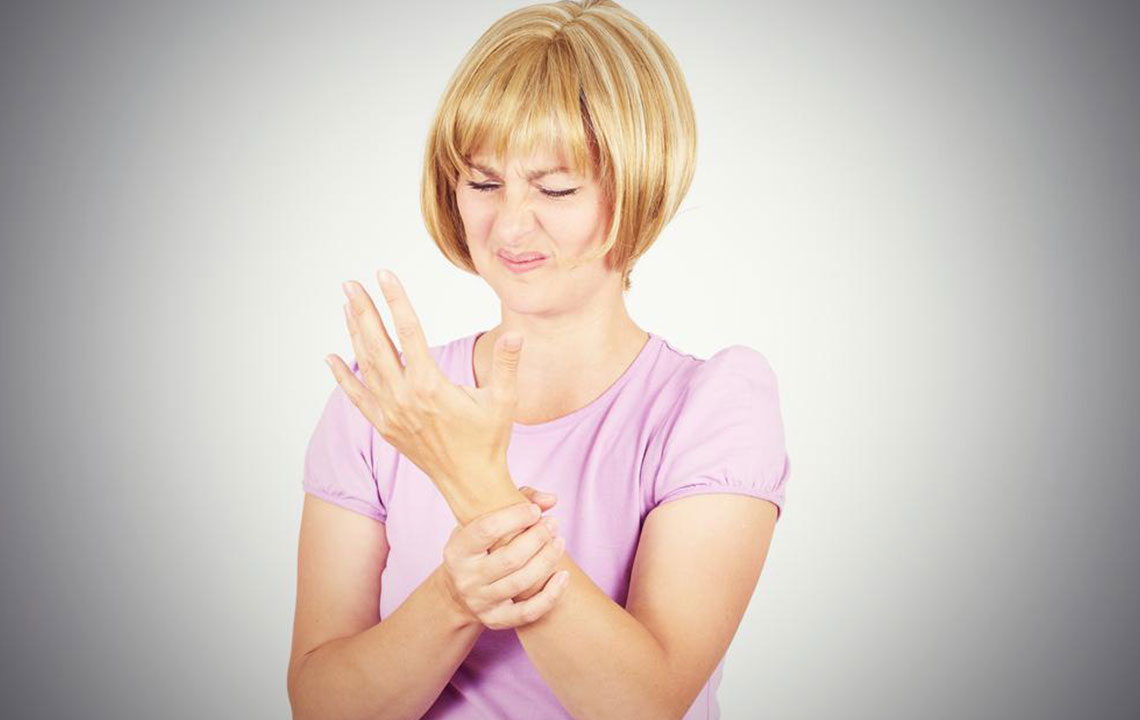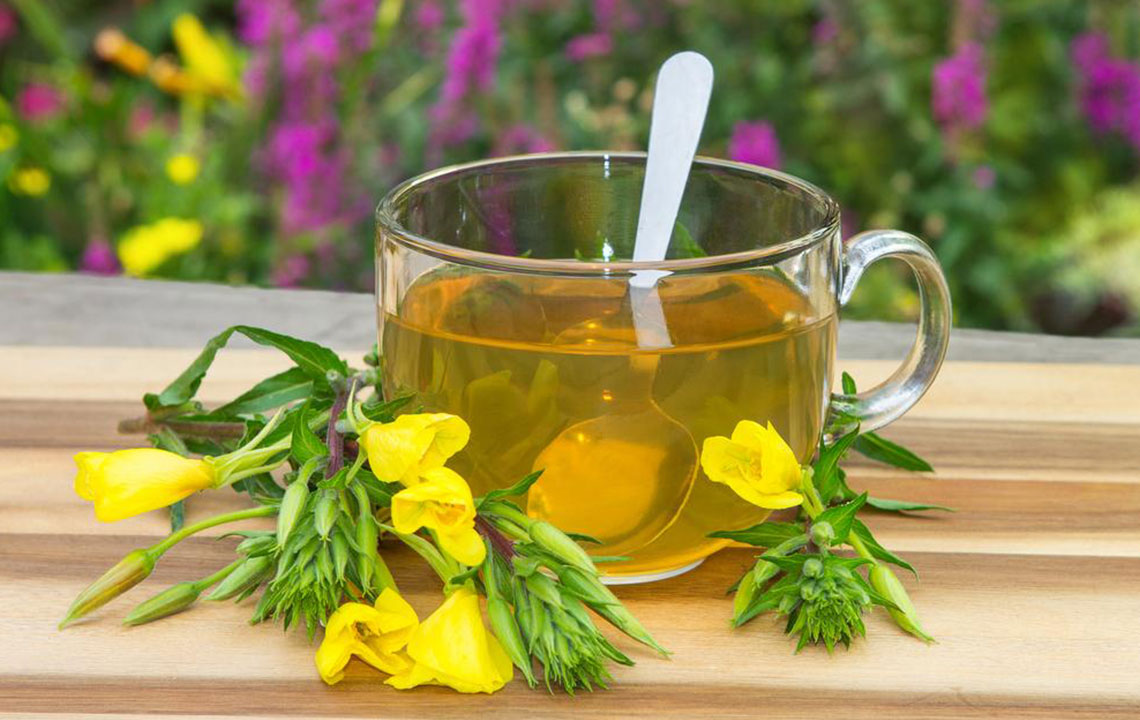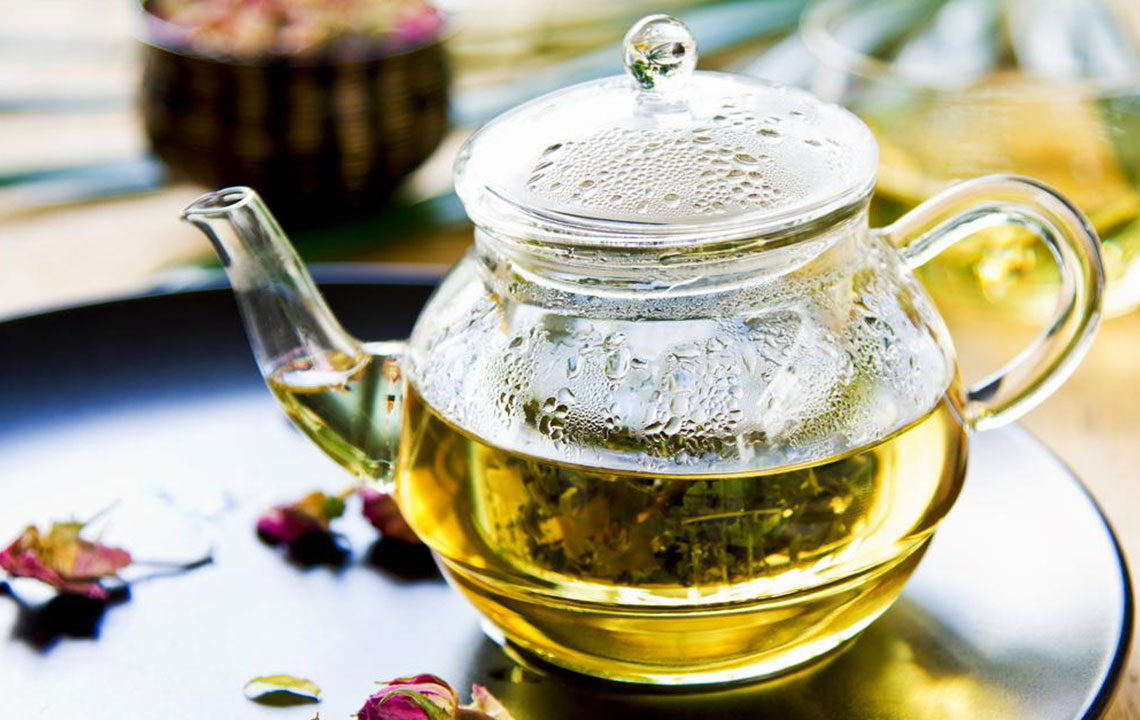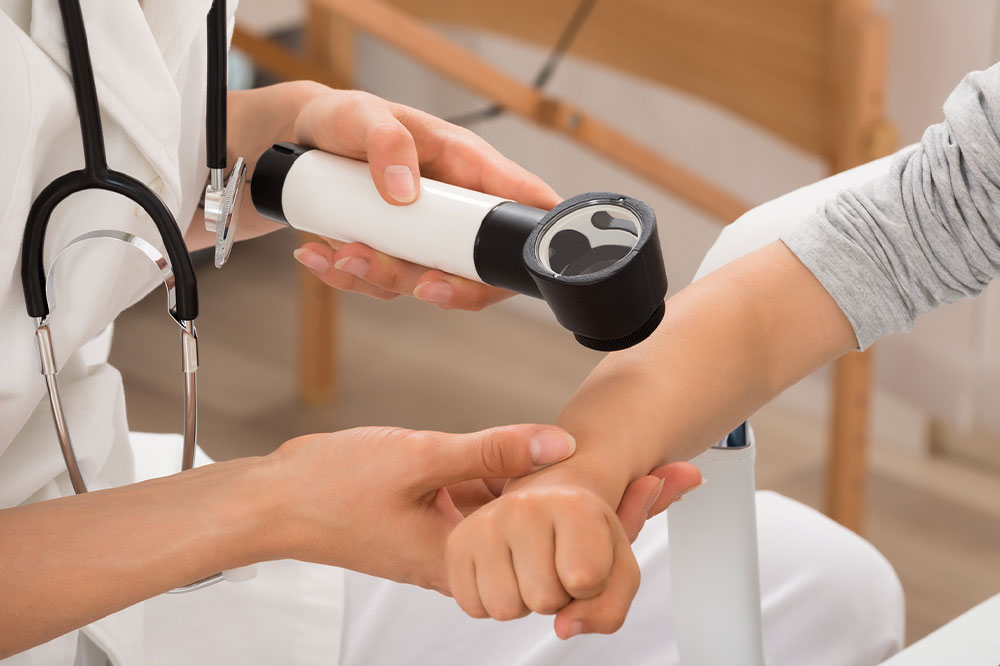Comprehensive Natural Strategies to Heal Boils Effectively and Safely
This comprehensive article explores natural and effective remedies to treat boils, including warm compresses, herbal applications like tea tree oil, garlic, neem, and traditional methods. It emphasizes early home treatment and when to seek medical attention, providing readers with valuable tips to promote healing, prevent recurrence, and maintain healthy skin using natural ingredients and proper hygiene practices.
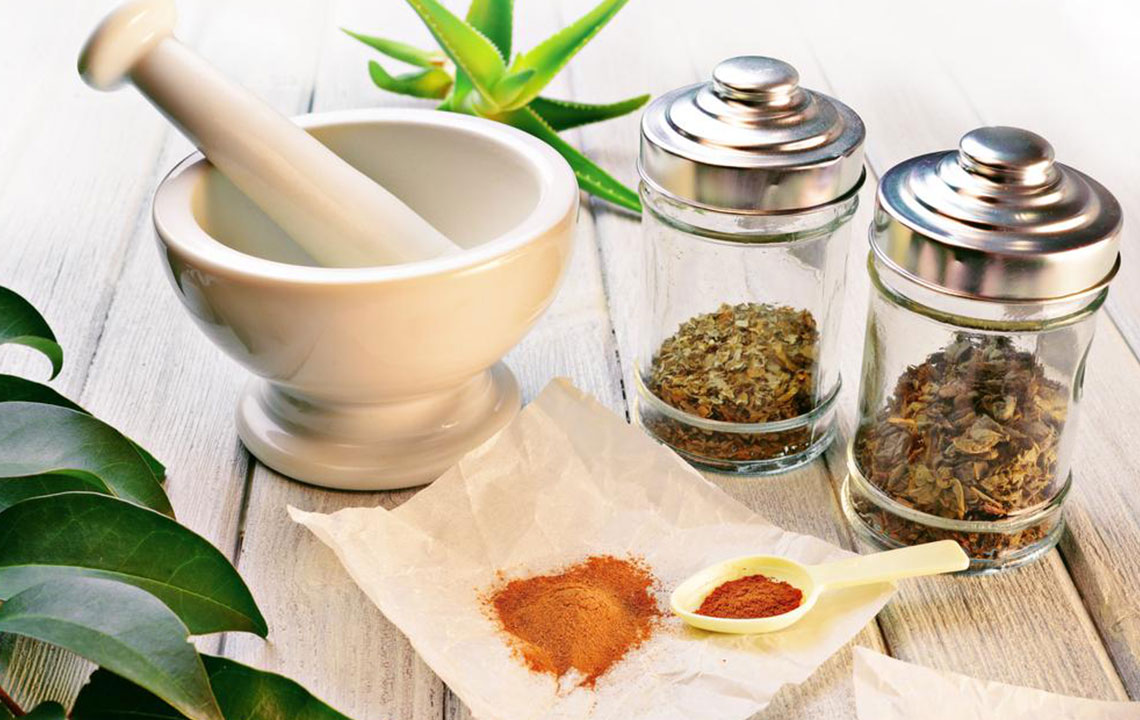
Effective Natural Methods for Treating Boils
Boils are common skin infections caused primarily by bacteria, particularly staph bacteria, that invade hair follicles or minor skin wounds. These painful, swollen bumps often become filled with pus and can cause significant discomfort. While conventional medical treatments like antibiotics are effective, many individuals seek natural remedies to promote healing, reduce inflammation, and avoid potential side effects of pharmaceuticals. Understanding how to manage boils at home using natural methods can be highly beneficial, especially for early-stage infections or minor cases.
In this comprehensive guide, we explore various proven natural remedies, home care tips, and preventive measures to effectively treat boils. From warm compresses to herbal applications, these methods harness the healing power of nature to support your recovery process. However, it’s essential to recognize when professional medical care becomes necessary, especially in severe, recurring, or complicated infections.
Understanding Boils: Causes and Symptoms
A boil, medically known as a furuncle, develops when bacteria, particularly Staphylococcus aureus, infiltrate the skin through small cuts, insect bites, or hair follicles. The body responds by sending white blood cells to fight the infection, leading to inflammation, swelling, and pus accumulation. Common signs of a boil include redness, tenderness, swelling, and a central pus-filled head. Sometimes, multiple boils can coalesce into a larger, more painful infection called a carbuncle.
It’s important to monitor the symptoms closely. While minor boils often heal with home treatment, signs such as fever, increased redness, spreading redness, or multiple boils spreading across the body warrant prompt medical attention to prevent complications.
Natural Remedies to Promote Healing of Boils
Home remedies can significantly aid in draining the pus, reducing inflammation, alleviating pain, and accelerating healing. Several natural ingredients and methods have been used traditionally and are supported by anecdotal or preliminary clinical evidence. Let’s explore some of the most effective natural strategies to heal boils safely at home.
Warm Compresses: Stimulating Drainage and Reducing Inflammation
One of the simplest and most effective natural methods is applying warm compresses. The heat helps increase blood circulation to the affected area, promoting faster immune response and encouraging the pus to drain naturally. To prepare a warm compress, soak a clean towel or cloth in hot water, wring out excess water, and gently press it against the boil for 10-15 minutes. Repeating this process several times a day can be highly beneficial.
Additionally, taking warm baths with Epsom salts can help soothe the skin, reduce swelling, and facilitate the drainage of the boil. The warmth relaxes the tissues and can hasten the body's natural healing mechanisms.
Tea Tree Oil: Natural Antiseptic and Antibacterial Aid
Tea tree oil, derived from the Melaleuca alternifolia plant native to Australia, is renowned for its potent antiseptic, antibacterial, and anti-inflammatory properties. Applying tea tree oil directly on boils can help combat bacterial growth, reduce inflammation, and prevent the infection from spreading.
To use, dilute a few drops of tea tree oil with a carrier oil like coconut or olive oil, then gently dab it onto the affected area using a clean cotton swab. Alternatively, adding a few drops to warm water for a soaking bath can help soothe the skin and fight bacteria comprehensively. Consistent use can significantly decrease healing time and improve skin health.
Onions: Nature’s Antimicrobial Agent
Onions contain sulfur compounds that possess antimicrobial and anti-inflammatory properties. Applying onion slices directly to the boil can help draw out pus and promote healing. Slice an onion into thin pieces and gently wrap them around the affected area, securing with a clean cloth or gauze. Replace the onion slices every few hours to ensure continuous antimicrobial action.
This natural remedy not only helps in draining the pus but also reduces swelling and speeds up recovery. Remember to wash the skin thoroughly afterward to prevent any irritation or bacterial transfer.
Garlic: A Potent Natural Antibiotic
Garlic is widely celebrated for its antimicrobial effects due to a compound called Allicin. Crushing several garlic cloves creates a potent natural antibiotic that can be applied topically. Smear the crushed garlic cloves directly onto the boil or heat slices gently and place over the infected area, securing with a cloth.
Regular consumption of garlic also boosts the immune system, helping your body fight off bacteria more effectively. Be cautious when applying raw garlic directly to the skin, as it can cause irritation in sensitive individuals. It’s best to dilute it or use it in combination with other remedies.
Indian Lilac (Neem): Traditional Herbal Remedy
Neem, or Indian lilac, has a longstanding reputation in traditional medicine for its antibacterial, antifungal, and skin-healing properties. To utilize neem for boil treatment, boil neem leaves in water until the water reduces by half. Allow it to cool and use it to rinse the affected skin multiple times daily. Alternatively, grind neem leaves into a fine paste and apply directly on the boil, covering with a bandage.
This herbal remedy helps reduce inflammation, inhibits bacterial growth, and supports faster healing. Neem’s antioxidant properties also promote overall skin health and prevent secondary infections.
Bread Poultice: An Old Folk Remedy
Applying a bread poultice can help draw out infection by attracting pus to the surface. Dip a slice of bread in warm water or milk, then place it on the boil and secure with a cloth. Leave it on for a few hours or overnight, repeating the process for a couple of days until the boil drains naturally.
This method has been used for generations and can be effective in early-stage boils to facilitate drainage and healing.
Basil Leaves and Ginger Paste: Combining Anti-inflammatory and Antibacterial Properties
Making a paste from fresh basil leaves and ginger is another powerful natural remedy. Basil (Tulsi) contains compounds that have anti-inflammatory and antimicrobial effects, while ginger is known for its anti-inflammatory and immune-boosting properties. Blend a handful of basil leaves with a small piece of ginger to create a smooth paste.
Apply this paste directly on the boil several times a day. This combination helps reduce swelling, fight bacteria, and promote tissue repair. Regular application can significantly shorten the duration of the infection.
Over-the-Counter Antibiotics and Care
For persistent or severe boils, topical antibiotics like Neosporin or Ichthammol ointments can provide additional relief. Apply these medications twice daily, ensuring the skin is clean beforehand. While natural remedies are effective for minor cases, some infections demand professional intervention. Consulting a healthcare provider is essential if the boil worsens, spreads, or if multiple boils appear, as antibiotics or drainage procedures may be necessary.
Preventive Measures to Avoid Future Boils
Prevention is always better than cure. Maintain good personal hygiene by regular washing and keeping skin dry. Avoid sharing personal items like towels or razors to prevent bacterial transmission. Keep skin injuries clean and covered until healed. Healthy living, including a balanced diet rich in vitamins A, C, and E, and maintaining a strong immune system, also plays a vital role in preventing boils. Managing underlying conditions such as diabetes can reduce the risk of recurrent boils.
In summary, natural remedies offer a safe and effective way to treat boils at home. However, always seek medical advice if symptoms persist or worsen, or if you experience complications. Early intervention and proper hygiene are key to managing boils safely and effectively.
